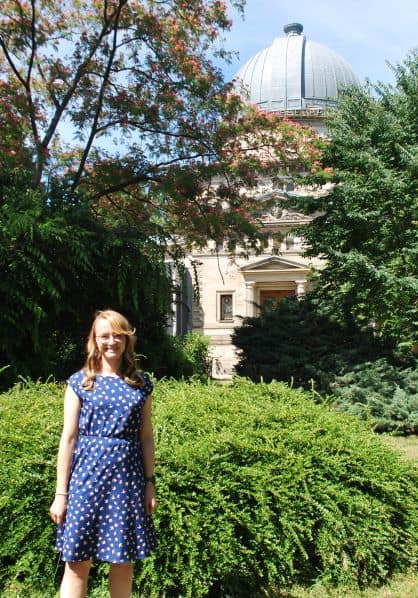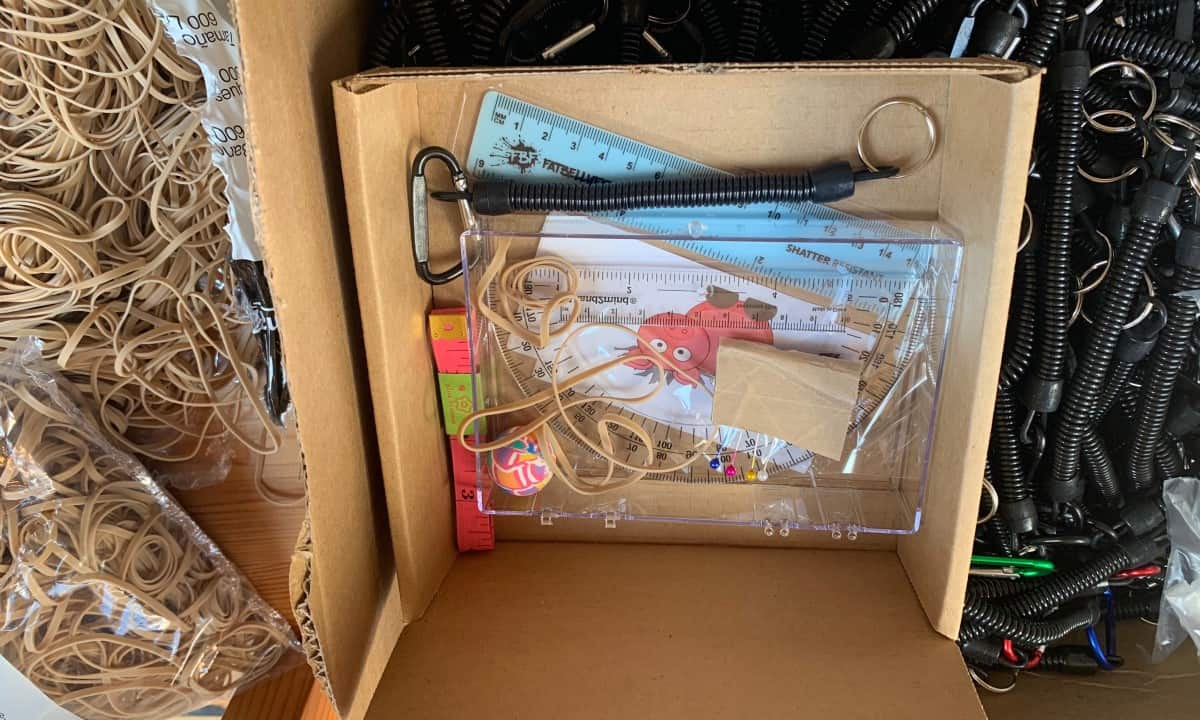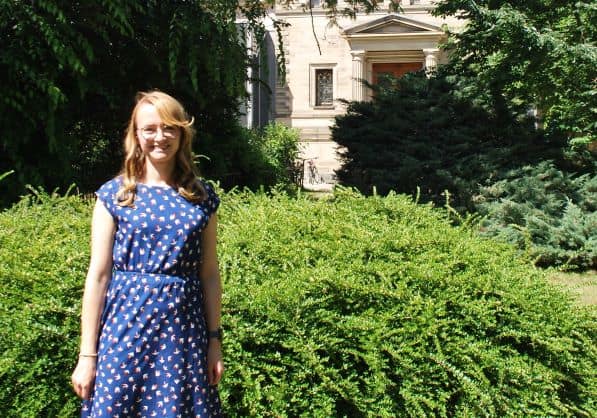Karina Voggel is a postdoctoral fellow at the Observatoire Astronomique de Strasbourg, France.
This post is part of a series on how the COVID-19 pandemic is affecting the personal and professional lives of physicists around the world. If you’d like to share your own perspective, please contact us at pwld@ioppublishing.org.

Between March and May, France went through a two-month period of strict confinement. During this time, we were only allowed to leave our homes for essentials such as grocery shopping, and we needed to fill in a form every time explaining why we were out. Once home working became the default at my institute, I joined my partner (who is also an academic) in the south of France, as I did not want to be on my own for such a long period. Working from home was doable, although our small, open-plan apartment posed some challenges; for example, we had to share the kitchen table for our work and co-ordinate all our virtual meetings and talks so they wouldn’t interfere with each other.
Then, in early April, just before Easter, my partner came down with a heavy cough and fever. We immediately suspected COVID-19 and entered an even stricter quarantine, during which we did not set foot outside our apartment. At first, I had no symptoms, but within two days I was also not feeling well, and for the next week we were both severely ill. I am a young and healthy person, someone who runs marathons and has not a single medical condition or risk factor, yet COVID really wiped me out. It was scary how little energy we had left once the virus took over. We could not even find the energy to eat – a problem made worse by the fact that we entirely lost our senses of smell and taste.
After a week of symptoms, I began to improve. However, although I had cleared the acute illness, I was still severely weakened. It took me five or six weeks to get back to normal energy levels. Meanwhile, my partner continued to battle a fever and other severe symptoms for more than two weeks. This was a challenge, as it meant that I needed to nurse him back to health while I myself was far from well. Worse still, after an initial recovery, he developed a serious secondary bacterial infection and was hospitalized. This was an extremely hard time, as no visitors were allowed in the hospital and all I could do was hope he would get better. Luckily, he eventually did – albeit only after an ordeal that spanned more than two months.
Returning to a new normal
Now that our health permits it, we are back to working from home, and have been for more than a month. The Strasbourg Observatory has also implemented a limited in-person return to the office, as the number of active coronavirus cases in France has been low since May. Even so, there are many precautions. We are only allowed to have one person in an office at a time, and we organize this by filling in online sheets specifying the times when we are present. Upon entering the buildings, we are greeted with a hand-sanitizing station and provided with masks.
As astronomers, we don’t have labs, which makes social distancing easier. However, all our typical social gatherings and seminars are still prohibited. I think the return to in-person work has been managed very well, as it is possible to keep our distance from each other and people who want to continue working from home can do so. I think it is important to let individuals decide what they are comfortable with, depending on their own situation and risk assessment.
Lost opportunities
My biggest professional concern is how the crisis is going to impact my future in academia. I am in my second postdoc and I need to find a more permanent position soon. However, I lost several months of productivity to the virus and I am only on a two-year contract. I also had a busy March–May period planned, including several visits to the US and an invited conference talk. Obviously, none of that happened. It is really hard to showcase your science without conferences, especially in the critical early stage of your career. Although I have antibodies now and should be protected from the virus for a while, I do not plan to travel in the next few months or attend in-person meetings and conferences. Even later this year, organizing in-person events would put attendees at risk, especially since very few will have antibodies.

Physics in the pandemic: mailing lab kits to students enhances learning at home
Another problem that is severely affecting astronomers is the cessation of operations at most telescopes, as support staff cannot get to and from the facilities. This means that anyone who was granted observing time during this period has not been able to do their observations – something that has impacted me personally. Because my partner is also an academic, my prospects in academia were already pretty bleak due to the “two-body problem”, and my impression is that COVID has worsened the outlook on all fronts. Many other junior scientists are in similar positions, and with universities in the US and UK issuing hiring freezes, I assume the pressure on the job market will only increase.
Words of caution
An even bigger concern, though, is that members of my family or other loved ones will get the virus, especially if there is a second wave in the autumn. When I see what it did to two healthy and fit people in their early 30s, I do not even want to imagine what it would do to people with medical conditions or other risk factors. So I urge everyone to be very careful. Someone else in our apartment building had the virus a bit earlier than we did, and it is likely that we caught it from them just by passing through the same hallway, as we never met them in person during that time. We observed all the strict confinement rules and took no risks, yet we were not able to avoid it – which shows that one can never be too careful.
But after surviving the virus, the silver lining is that it really aligns your perspective. In academia we can become obsessed with the workaholic mentality, trying to squeeze the maximum productivity out of our days. However, an experience like this teaches you that no matter what’s on your CV, all that really matters is that you and your loved ones are healthy and safe. My partner and I are alive, and now fully healthy, and so are all our family and friends. I have a newfound appreciation for that very simple fact.
